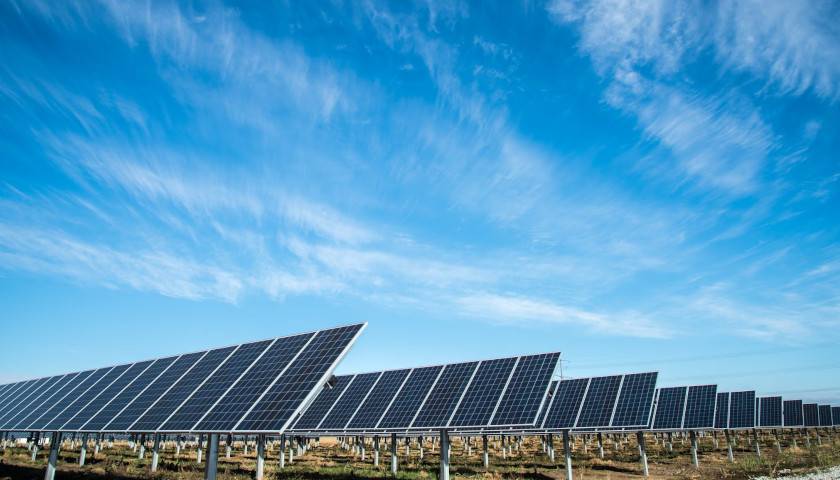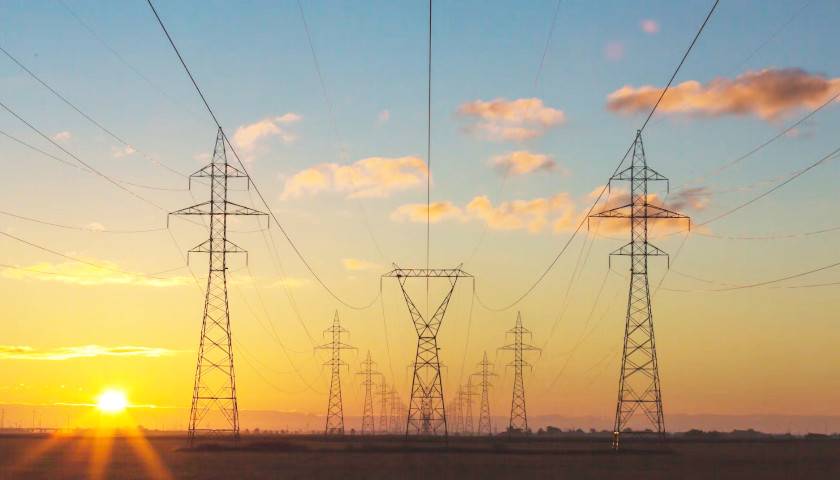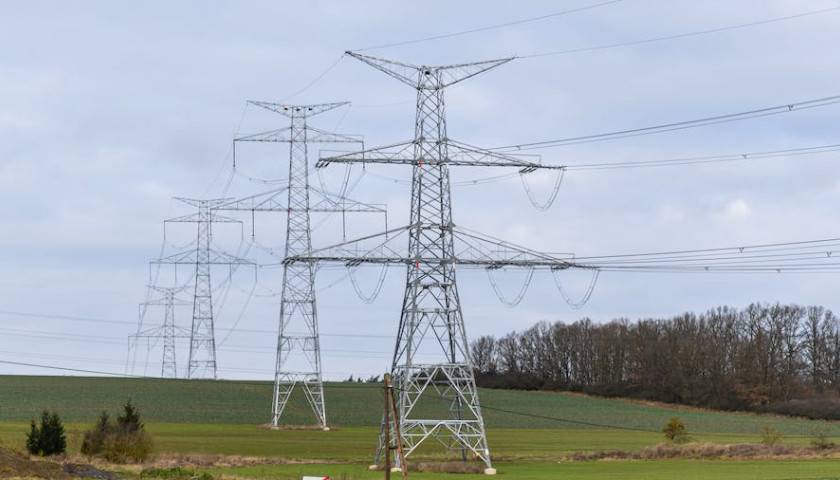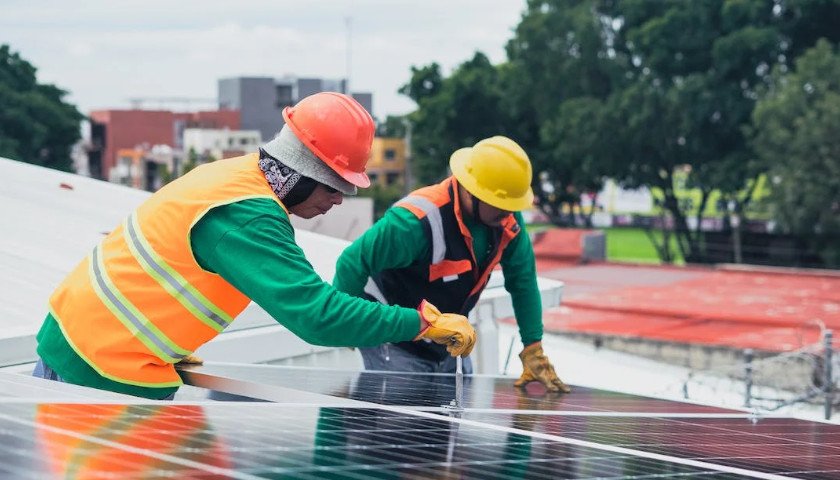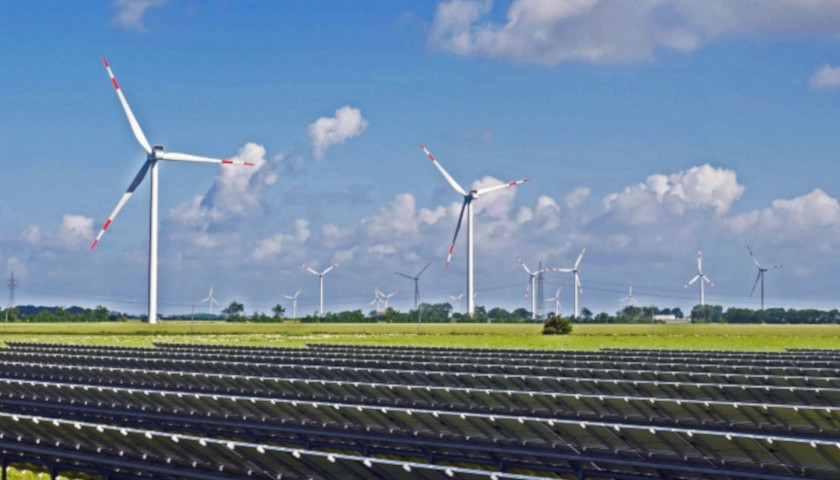A new report from Ember-climate.org, which describes itself as “an independent energy think tank that aims to accelerate the clean energy transition with data and policy” touting that renewable energy provided 30% of electricity generation in 2023 is getting a lot of attention, with reports in The Guardian, Associated Press, and Reuters, and CNN.
“A permanent decline in fossil fuel use in the power sector at a global level is now inevitable,” the report by Ember declares.
Read More
